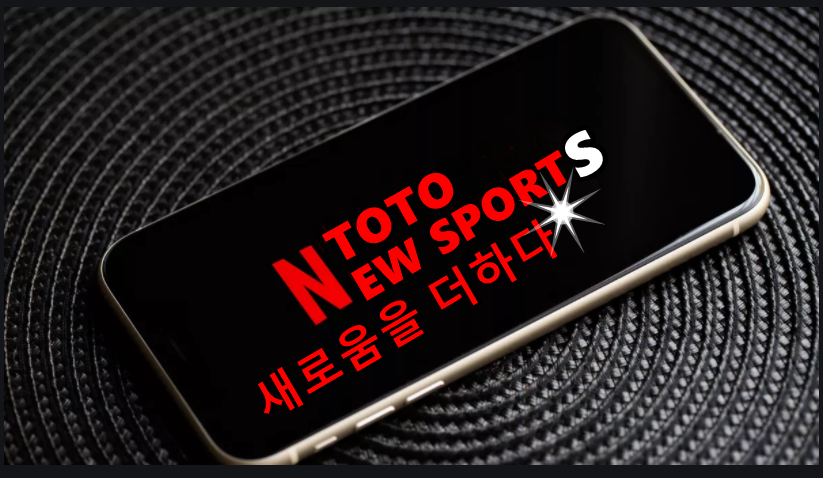안전놀이터
Nonetheless, the Tokyo Mets' central scout, alongside 50 or more veteran catcher Iwata Tetsugorō and his old friend─and the group's manager─Gori Ippei, are astonished by Mizuhara's pitching abilities and demand choosing her in the draft. What's more, however she at first oddballs their methodology, she ultimately signs an agreement with the group, however not prior to mentioning an extra provision that specifies she should be dealt with precisely equivalent to her male associates. 안전놀이터
In just her introduction season she rises to the principal group, on account of resources including a sharp insight that stands apart among her ragtag band of colleagues, hill levelheadedness second just to the group's pro pitcher Hiura Ken, and her own meticulously worked on breaking-ball pitch, named the "Dreamball." Her exhibitions as a help pitcher see her contending with the best throwers in Japan's Central League, including Hanshin Tigers legend Tabuchi Kōichi.
Extraordinary Mizuhara Yūki versions of Yakyū-kyō no uta. The funnies give various scenes that keep on resounding with contemporary orientation talk. (© Nippon.Com) Special Mizuhara Yūki releases of Yakyū-kyō no uta. The funnies give various scenes that keep on resounding with contemporary orientation talk. (© Nippon.Com)
A Longstanding Dedication to Realism
While making his stories of Japan's first female expert hotshot, craftsman Mizushima Shinji put the greatest possible level of accentuation on creating truly conceivable situations.
Brought into the world in Niigata in 1939, from the 3rd grade of primary school he began taking on unspecialized temp jobs for pocket cash, and when he arrived at middle school he was assisting in the family fishmonger. It was after graduation from middle school, while getting up at five o'clock every morning for laborious movements at a financier, that he started to fill anything brief breaks he might grab by eating up manga acquired from the neighborhood kashi-hon'ya booklender.
Currently a sharp cabinet, he participated in a challenge held by the Osaka-based kashi-hon manga distributer Hinomaru Bunko, and on the proposal of the amazing craftsman Sait, he completed in runner up. As opposed to most of entries in that period, which embraced a tense, disputable tone, Mizushima allegedly prevailed upon Saitō with an especially completely acknowledged commitment foregrounding a feeling of tomfoolery and satisfaction.
Mizushima Shinji is welcomed by Emperor Akihito at a royal nursery party held in November 2015 in Tokyo's Akasaka Imperial Gardens. In 2005 Mizushima was enriched with Japan's Purple Ribbon Medal of Honor, continued in 2014 by the Order of the Rising Sun. (© Jiji)Mizushima Shinji is welcomed by Emperor Akihito at a magnificent nursery party held in November 2015 in Tokyo's Akasaka Imperial Gardens. In 2005 Mizushima was enhanced with Japan's Purple Ribbon Medal of Honor, continued in 2014 by the Order of the Rising Sun. (© Jiji)
That enormous break saw Mizushima migrate to Osaka to start his profession as a manga craftsman. And keeping in mind that he at first fiddled with chronicled manga and for all intents and purposes each and every other kind other than (except for shōjo manga focused on a youthful female crowd), it was shortly in the wake of leveling up his skill to convincingly catch the tossing, hitting, and handling that goes into baseball that he truly dug up some authentic confidence, hence making plans to zero in his endeavors on the baseball funnies he had adored since childhood.
His initial introduction to the class that would come to characterize him was Otoko do ahō kōshien ("Men's Dumbass Kōshien"), which ran in 1970-75 in the week after week comic collection Shōnen Sunday. What's more, the progress of that series made ready for a progression of much-adored, baseball-themed Mizushima works of art, including Dokaben (1972-81) and Abu-san (1973-2014).
With the expressed points of "showing youngsters everything about their cherished baseball," and "drawing baseball manga liberated from deceptions," Mizushima dedicated himself to advancing however much he could about the game. He took this mission to such incredible lengths that when the Nankai Hawks (today the Fukuoka Softbank Hawks), then helmed by the late, extraordinary player-supervisor Nomura Katsuya, came to Tokyo for a match at the Kōrakuen Stadium, he even chipped in as a ball kid at their training meetings. Also, ultimately this commitment acquired him a free pass to play out this job at any ball ground he went to.

By using this site you agree to this Privacy Policy. Learn how to clear cookies here
महाराजा मूवी रिव्यू: एक्शन, ड्रामा और कॉमेडी का धमाकेदार मिश्रण Gotteron - Lugano: le ragioni di una rivalità Nancy Brilli: La donna che non ha mai smesso di brillare Deutsch-russische Hochzeit Tradewind Doors XIN88 - Nhà Cái Xanh Chín An Toàn Và Hợp Pháp Top 1 메이저사이트 Poland Amateur IV. Liga Pomorska Championship Group 토토사이트